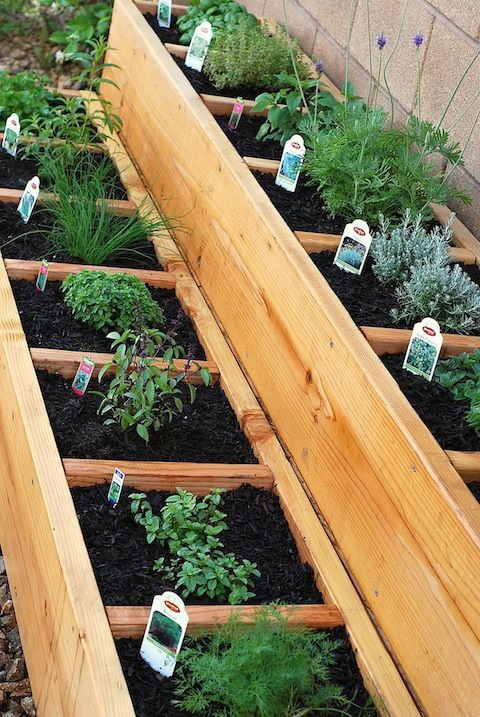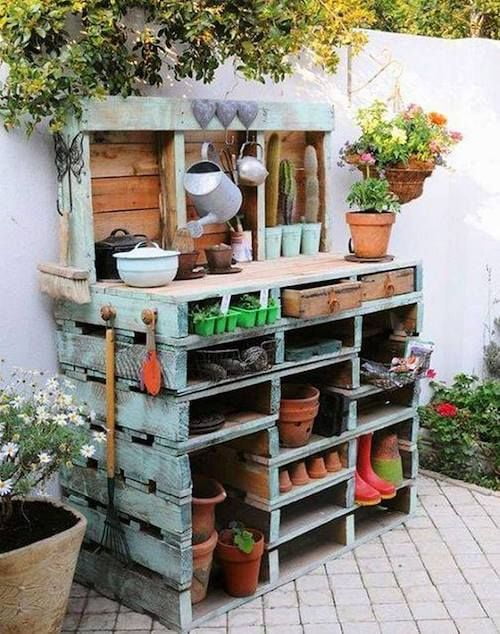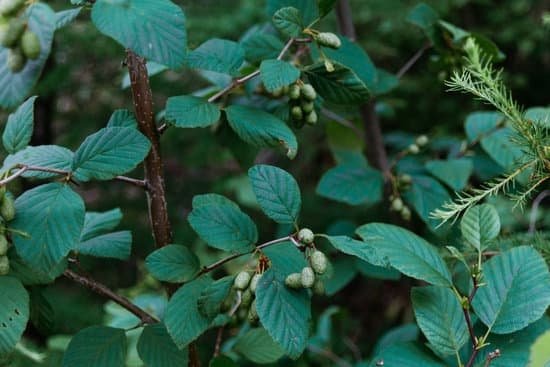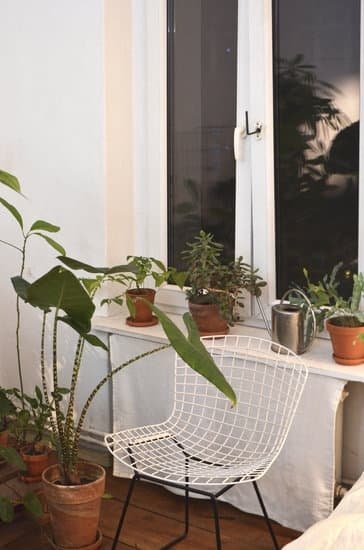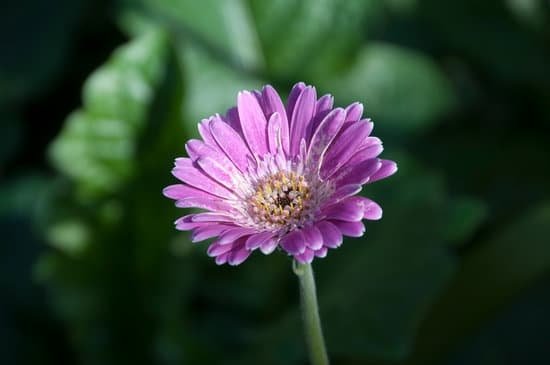Home Organic Gardening Tips
Organic gardening is a type of gardening that does not use any type of synthetic fertilizers, pesticides, or herbicides. Organic gardening is a great way to garden because it is environmentally friendly and it also helps keep your family healthy.
There are a few things that you can do to make your organic garden thrive. The first thing is to make sure that you are using the right type of soil. You can either make your own soil or you can buy organic soil from a store. The next thing you need to do is to make sure that you are watering your garden correctly. You should water your plants in the morning so that the water can evaporate and the leaves will not be wet all day long.
The last thing you need to do is to make sure that you are using the right type of fertilizer. You can either use organic fertilizers such as compost or you can use chemical fertilizers. If you are going to use chemical fertilizers, make sure that you are using them correctly and that you are following the directions on the label.
Organic gardening can be a lot of work, but it is worth it in the end. Not only is organic gardening environmentally friendly, but it also helps keep your family healthy.
Home Gardening Tips In Kerala
As the temperatures start to drop in Kerala, many people are looking to get their gardens ready for the winter. While there are many different ways to go about gardening, here are some tips that should help you get started with gardening in Kerala.
When it comes to gardening, the first thing you need to do is figure out what you want to grow. Do you want to grow vegetables, fruits, flowers, or all of the above? Once you figure that out, you need to decide what type of soil you have and what amendments you need to make to it. If you have sandy soil, for example, you will need to add organic matter to it to help it retain moisture and nutrients.
Once you have your soil ready, it’s time to start planting. If you are growing vegetables, you will want to plant them in succession, so that you have a continuous harvest. If you are growing fruits, you will want to plant them according to their maturity rates. For example, you would want to plant early maturing fruits like strawberries and raspberries closer to the house, and plant later maturing fruits like apples and pears further away.
When it comes to gardening, there is no one right way to do it. These are just some tips to help you get started. So get out there and start gardening!
Better Homes And Gardens Gardenimg Tips
There is no one-size-fits-all answer to gardening, as the approach you take will vary depending on the plants you choose, the climate, and your own preferences. However, there are some general tips that can help you create a beautiful garden that will thrive.
1. Start with a plan. Before you start planting, take some time to plan out your garden. Decide what you want to grow and where you want to plant it. This will help you choose the right plants and save you time and money in the long run.
2. Choose the right plants. Not all plants are created equal, and some plants will do better in your garden than others. Choose plants that are suited to your climate and that will thrive in the conditions you provide.
3. Amend the soil. Most plants need well-drained soil to thrive, so you may need to amend your soil before planting. Add organic matter such as compost or peat moss to improve the drainage and fertility of the soil.
4. Water wisely. It’s important to water your plants regularly, but you don’t want to water them too much. Check the soil moisture before watering and water only when the soil is dry to the touch.
5. Mulch your plants. Mulching your plants will help keep the soil moist and cool and will also help to suppress weed growth. Use a organic mulch such as compost, bark chips, or straw to keep your plants healthy.
6. Prune and deadhead regularly. Pruning and deadheading your plants will help them to grow healthy and vigorous plants. Prune back overgrown plants and deadhead faded flowers to encourage new blooms.
7. Fertilize regularly. Fertilize your plants regularly with a balanced fertilizer to help them grow big and healthy. Fertilize twice a year in the spring and summer.
8. Protect your plants. Some plants may need protection from pests and diseases. Protect your plants with organic or chemical pesticides as needed.
9. Enjoy your garden. Gardening is a fun and rewarding hobby, so take the time to enjoy your garden and relax in the fresh air.

Welcome to my gardening blog! I am passionate about plants and enjoy sharing my knowledge and experiences with others. In this blog, I will write about everything related to gardening, from tips on how to get started to updates on my own garden projects.

